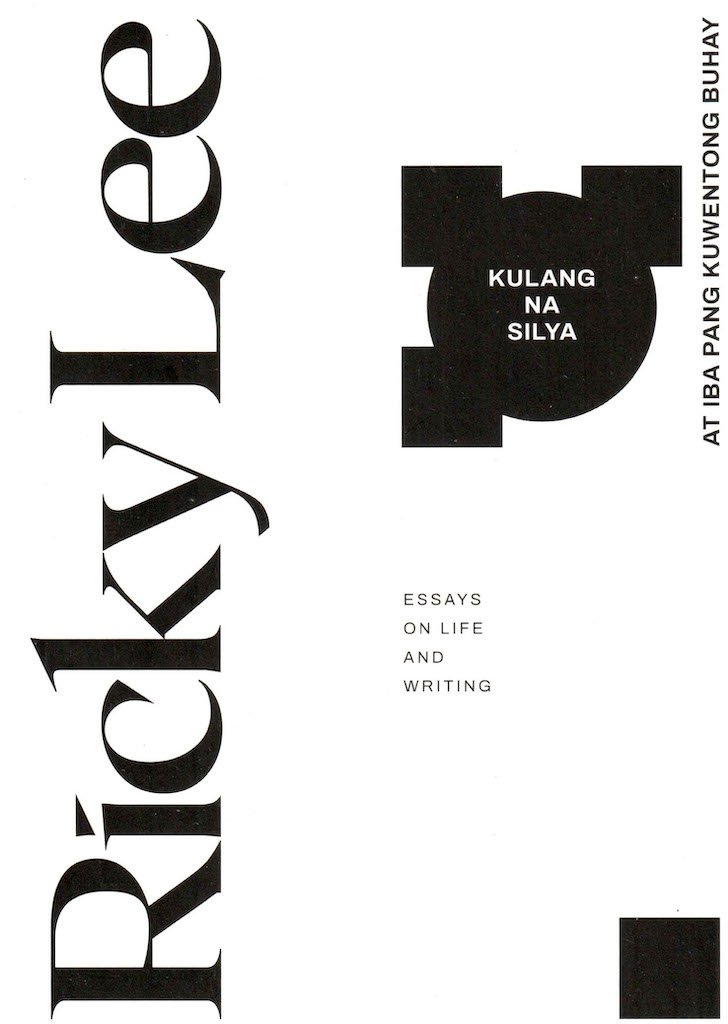
20 Sep Book Review of Kulang na Silya at Iba pang Kuwentong Buhay: Essays on …
Reflecting on Life Through Pages: A Review of Kulang na Silya at Iba pang Kuwentong Buhay
When I first picked up Kulang na Silya at Iba pang Kuwentong Buhay: Essays on Life and Writing by the brilliant Ricky Lee, I didn’t just see a collection of essays; I felt like I was opening a door into the heart of a kindred spirit. As someone who once dreamt of wielding words to inspire others while sipping coffee in the cozy corners of public school libraries, Lee’s reflections resonated with me on a deeply personal level. It’s as if he was inviting all of us—every one of us—who long for expression and purpose to embrace the writer within.
Lee, a National Artist celebrated for his trailblazing work in Philippine cinema, takes us on a journey where life and writing are inseparable. He introduces the idea that every experience shapes us as storytellers, allowing us to craft not just narratives but transformative lives. As someone who shares parts of his background—growing up in Bicol, seeking solace in books, and wrestling with dreams—I found comfort in the familiarity of his journey. Lee writes, "We can all be writers, writing and rewriting our lives and the lives of other people," a sentiment that brought a surge of hope to my own spirals of self-doubt.
The essays within Kulang na Silya artfully weave distinct narratives into an interconnected tapestry, echoing themes of empathy, resilience, and reflection. Lee’s voice is captivating: warm, witty, and refreshingly honest. He tackles life’s challenges—his experiences as an orphan, a political prisoner, and more—with a vulnerability that pulls the reader in. For example, his recounting of dark moments during Martial Law dances on the line of pain and humor, acknowledging the kindness of strangers amidst adversity. This duality struck a chord in me. It serves as a reminder that life, like writing, is often filled with contradictions.
The writing style shines in its accessibility. Lee’s choice to use Taglish—instead of separating languages with typographic barriers—feels revolutionary, a celebration of local dialects and cultures that begs to be experienced as they live and breathe. The introductions to essays are crafted with engaging anecdotes, setting a delightful tone that invites us to delve deeper.
Particularly striking was the essay Strangers in My Life, where he beautifully illustrates the impact of anonymous kindness on his journey—a narrative that moved me to tears. The emotion he captures is profound, encapsulating the essence of human connection: "We are more likely to be helpful than to be hurtful." This kind of sentiment is not just refreshing, it’s a call to action for all of us to acknowledge the small acts that propel us forward, even if the givers remain unknown.
In conclusion, Kulang na Silya at Iba pang Kuwentong Buhay is more than just a collection of essays; it’s a heartfelt guide on how to navigate the intersection of life and writing. If you’re an aspiring writer, a seasoned penman, or simply someone who enjoys stories full of warmth and wisdom, this book will undoubtedly leave its mark on your heart. It ignited a flicker of hope in me, reminding me that perhaps the writer I once dreamed of being is only a page away. Lee’s narrative invites us all to view our own lives as a canvas—one that we can sketch anew, even in uncertain times. I’d happily share this book with anyone I love, and I urge you to pick it up too. It might just inspire you to rewrite your own story.
Discover more about Kulang na Silya at Iba pang Kuwentong Buhay: Essays on … on GoodReads >>









